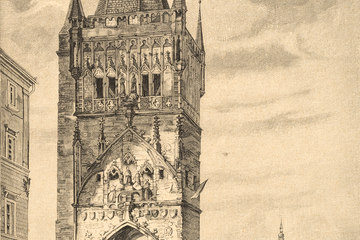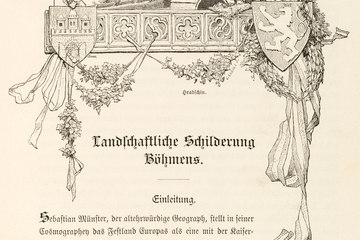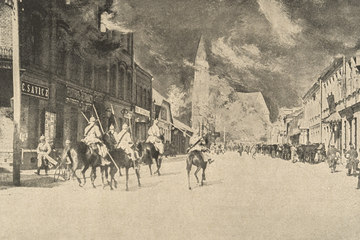Separate Ways: The Effects of the 1848 Revolution in Bohemia
The 1848 Revolution gripped the whole of Central Europe. The events of that time signified a change of course not only in German national awareness, but 1848 was also a historic milestone for the young Czech national movement in articulating national demands.










